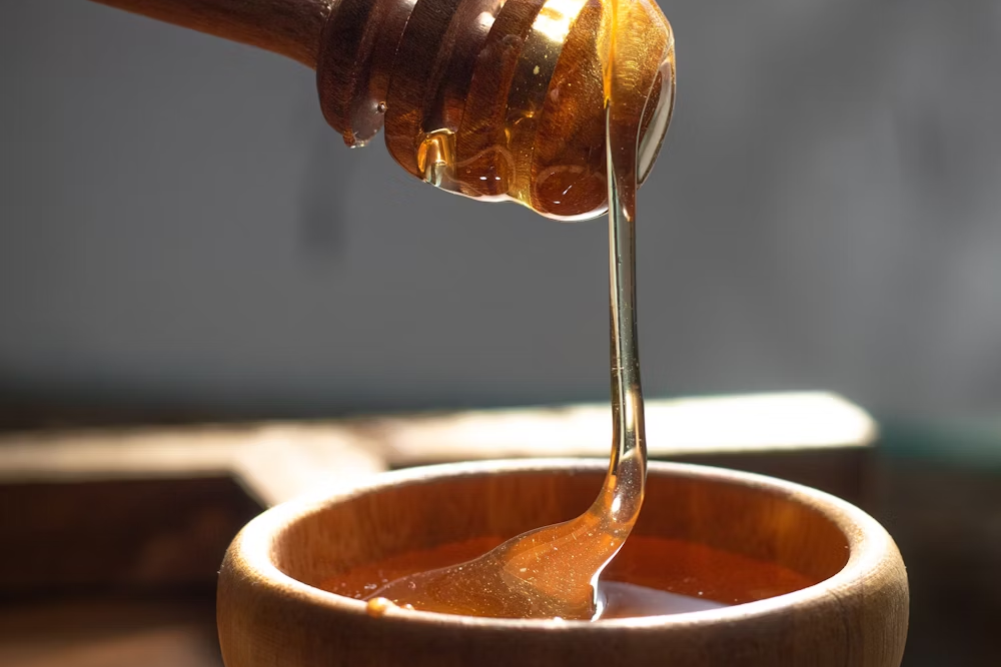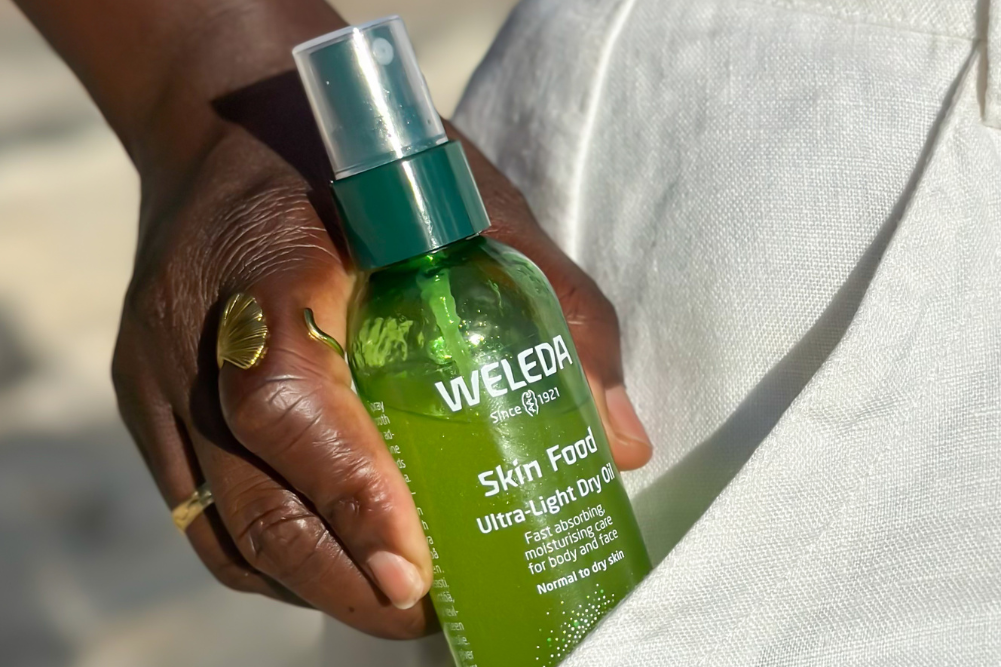How to get rid of dandruff!
An itchy, flaky scalp can be irritating, not to mention embarrassing as it showers snowflakes on your darker-toned apparel. Dandruff is a common sign that your scalp is in need of some tender, loving care, but it isn’t the only sign. If your scalp is greasy, the dry flecks of skin that flake off tend to stick to the scalp and form patches in the same way cradle cap does. Dandruff and cradle cap both come under the umbrella of seborrhoeic dermatitis; dandruff is the non-inflamed version.
Dandruff is caused by a fungus with a rather exotic name: Malassezia furfur. It’s found on all scalps, even those that are healthy. However, when there’s an imbalance, the fungus grows rapidly and disrupts the natural renewal of cells and dandruff appears with itching. It is interesting that people with auto-immune issues or hormonal imbalances are prone to seborrhoeic dermatitis. When there is an imbalance in the body, fungus and bad bacteria become very busy, proliferating until the conditions change and the body’s systems become balanced. As imbalances in the body become worse, conditions such as psoriasis of the scalp can arise.
To nurture a strong immune system and a balanced hormonal system, one requires a balanced diet, little stress, moderate exercise, pure water and fresh air. While some of these may be beyond your control (fresh air when living in a congested city!), it’s important to strive for a balanced lifestyle — especially if you want to achieve a flake-free, itch-free scalp.
The scalp is last on the body’s priority list when it comes to receiving much-needed nutrients that go to more important organs. Deficiencies in essential fatty acids, zinc and vitamin B (a deficiency of biotin can cause flaking of the scalp) are implicated in dandruff, but it’s good to remember that these nutrients have co-factors, so a balanced diet, rich in all nutrients is essential. For example you need vitamin C, zinc, magnesium, and vitamin B6 to be able to utilise essential fatty acids in the body. Nutrition to the scalp is important for healthy skin cell metabolism and to supply food to hair follicles.
Too much acidity in the body’s tissues caused by a high-acid diet (chief offenders: alcohol, dairy, red meat, cigarettes, coffee and sugar) can exacerbate dandruff by feeding the fungus and creating cellular and sebum imbalances. Foods that support a healthy bacterial culture in the body, such as prebiotic foods and supplements and probiotics (in supplement form and also lacto-fermented foods such as sauerkraut) form an essential part of your dandruff-proof diet. Food and environmental allergies are infamous for exacerbating dandruff and dermatitis/eczema, so it may be worth talking to an allergist or your preferred health practitioner.
Stress is also renowned for triggering imbalances in the body’s systems; it robs the body of nutrients, causes inflammation and disrupts sebum production — all factors that exacerbate a flaky scalp. Meditation, yoga, walking and other relaxing practices can be helpful to allay stress, as can a decent night’s sleep.
While maintaining good health is paramount, local applications can have a significant effect on scalp health. A lack of hair brushing can cause a build-up of dead skin cells on the scalp. Washing with alkaline soaps and shampoos and using harsh hair and scalp products can also cause dryness and disrupt sebum production, contributing to dandruff.
One of the most effective dandruff relievers is not a high-tech dandruff shampoo but humble apple cider vinegar. It balances the pH of the scalp and reduces itching and flaking. Use a gentle natural shampoo (with tepid, not hot, water, as too much heat further exacerbates imbalance) and rinse. Put ¼ cup of apple cider vinegar in one cup of warm water and massage into the scalp (be careful not to get it in your eyes as it stings) and follow with a natural, gentle conditioner to help eliminate any cider scent. A few drops of tea-tree oil added to your shampoo can also help treat the fungus as tea-tree has excellent anti-fungal properties.
Coconut oil is also anti-fungal and anti-bacterial and makes a wonderful fragrant weekly treatment for both the scalp and hair. Massage into wet hair and wrap your hair with a warm wet towel. Leave for 20 minutes, then rinse. If your hair is very oily, resist employing harsh chemical treatments that strip the scalp of its natural oils. Gentle and balancing is best. When the scalp is dry it will only send the sebaceous glands into turbo drive, creating more oil. Jojoba oil is an excellent oil to help balance sebum. You can use it as a weekly treatment.
Hydroxy acids such as lactic and salicylic acid can be helpful for exfoliating the scalp and normalising cell turnover, but they’re often found in harsh formulations. If you can find a gentler product with these ingredients, it may be worth a try.
If possible, resist scratching as this can lead to bacterial infection. Massage your head firmly to relieve itching and then try the apple cider vinegar treatment. If your scalp is very inflamed, red and sore, it’s worth seeing a naturopath or doctor for a more individualised assessment and treatment.
A few drops of essential oil added to your weekly hair oil treatment can also help relieve dandruff thanks to its anti-inflammatory and antiseptic properties. Patchouli, chamomile, rosemary, cedarwood, lavender and yarrow are a few that may be helpful.







